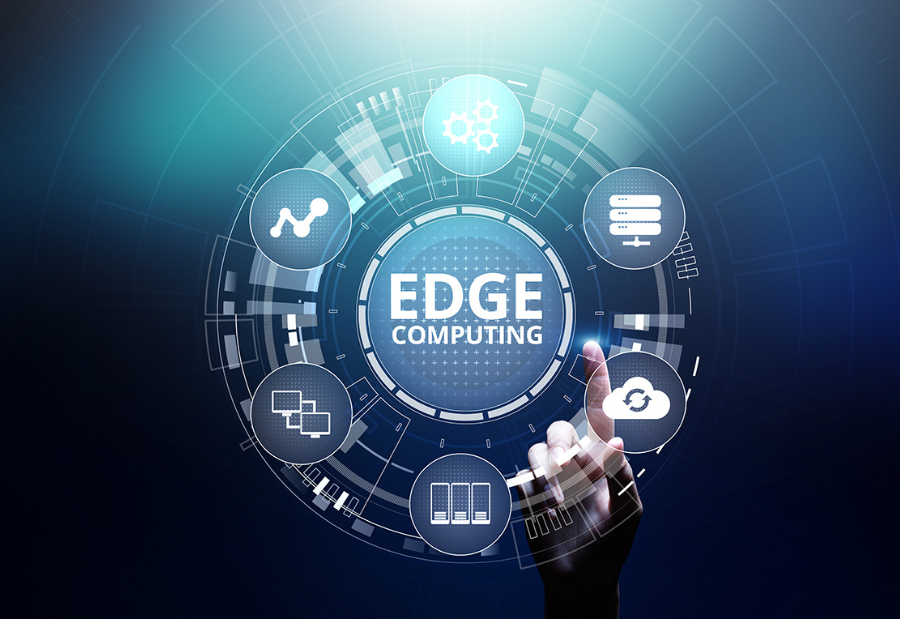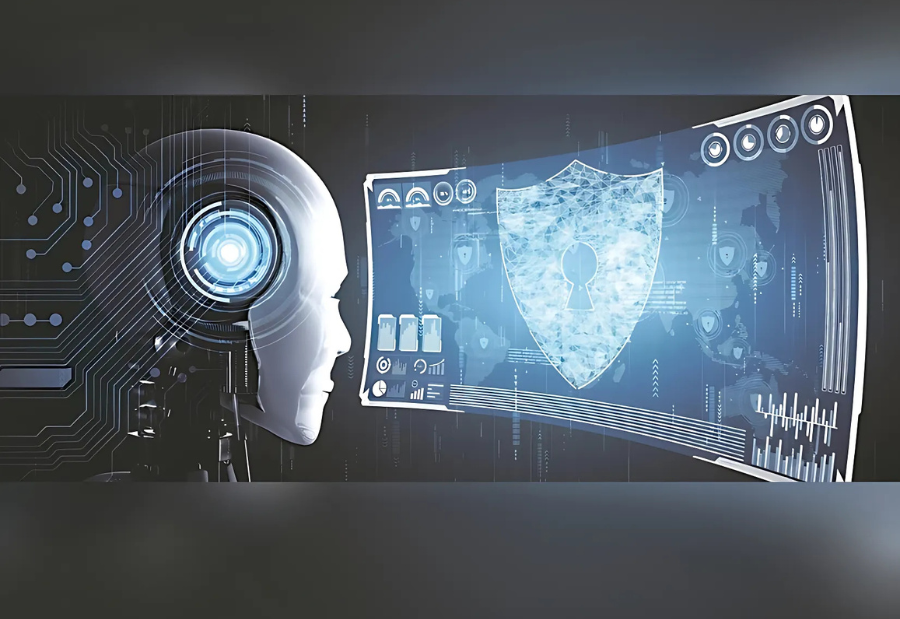For more than a decade, cloud computing has been the backbone of modern technology — powering streaming platforms, online banking, e-commerce, and even social media. But as the demand for faster, smarter, and more secure digital experiences continues to grow, a new force is emerging: Edge Computing.
At The Mainstream, edge computing technology is becoming the next evolution in digital infrastructure, bringing computation and intelligence closer to where data is created.
What Is Edge Computing?
At its core, Edge Computing means processing data closer to its source — whether that’s a smartphone, self-driving car, factory sensor, or wearable device. Instead of sending every piece of data to distant cloud servers, edge computing enables devices to handle processing locally or at nearby edge nodes.
Think of it this way: instead of driving all the way to a big city for groceries, you now have a smart store right around the corner. That’s the convenience and efficiency Edge Computing brings to technology.
Why Is Edge Computing Important?
1. Speed Matters
In critical systems like autonomous vehicles, healthcare devices, or industrial automation, even a few milliseconds can make a difference. Edge computing drastically reduces latency, ensuring real-time decisions where every millisecond counts.
2. Reduced Bandwidth Costs
Not every piece of data needs to travel to the cloud. Processing locally saves bandwidth and reduces infrastructure costs — a major advantage for industries managing high volumes of IoT data.
3. Better Security & Privacy
By keeping sensitive data close to its source, Edge Computing minimizes risks associated with centralized cloud storage and improves compliance with privacy regulations.
4. Supporting the IoT Explosion
With billions of connected IoT devices coming online, cloud servers alone can’t handle the load. Edge computing distributes processing power across networks, enabling devices to work faster and more efficiently.
According to insights from The Mainstream, industries adopting edge computing solutions are experiencing significant performance improvements and operational cost reductions.
Real-World Applications of Edge Computing
Self-Driving Cars
Autonomous vehicles rely on instant decision-making to ensure safety. Edge computing technology allows cars to process sensor data locally — without waiting for cloud instructions.
Smart Cities
Urban systems like traffic lights, energy grids, and surveillance cameras use edge AI to analyze data in real time, helping cities respond quickly to congestion, outages, or emergencies.
Healthcare
Wearable devices and remote patient monitoring systems use AI at the edge to process health data instantly and alert medical professionals in real time.
Retail
Smart mirrors, cashier-less checkouts, and personalized in-store experiences are all powered by edge computing — enhancing customer convenience while safeguarding personal data.
Cloud vs. Edge: Rivals or Partners?
Many assume Edge Computing will replace the cloud, but in reality, they’re partners. Cloud computing remains essential for large-scale storage, analytics, and long-term data management.
Edge computing, on the other hand, focuses on real-time, local decision-making. Together, they form a hybrid cloud-edge ecosystem — combining the scalability of the cloud with the immediacy of edge processing. This partnership ensures businesses can operate faster, smarter, and more efficiently than ever before.
The Future of Edge Computing
The future of Edge Computing looks incredibly promising. With the global rollout of 5G networks, AI advancements, and IoT integration, edge systems are becoming faster and more powerful.
Imagine AR glasses that translate languages in real time, factories that predict machine failures before they happen, or smart cities that automatically adjust energy usage to reduce waste. These innovations are no longer theoretical — they’re being powered by edge computing technology today.
The Mainstream believes that edge computing will be the key to enabling this new era of digital transformation, where intelligence lives not just in the cloud but everywhere — from our homes and cars to cities and industries.
Final Thought
If the cloud made the world connected, Edge Computing will make it instant.
It’s not just about faster processing; it’s about creating smarter, safer, and more responsive digital experiences across every sector.
As emphasized by The Mainstream, the future of edge computing is about bringing intelligence to the edge — enabling real-time innovation that transforms how we live, work, and connect.
Also read: Viksit Workforce for a Viksit Bharat
Do Follow: The Mainstream formerly known as CIO News LinkedIn Account | The Mainstream formerly known as CIO News Facebook | The Mainstream formerly known as CIO News Youtube | The Mainstream formerly known as CIO News Twitter |The Mainstream formerly known as CIO News Whatsapp Channel | The Mainstream formerly known as CIO News Instagram
About us:
The Mainstream formerly known as CIO News is a premier platform dedicated to delivering latest news, updates, and insights from the tech industry. With its strong foundation of intellectual property and thought leadership, the platform is well-positioned to stay ahead of the curve and lead conversations about how technology shapes our world. From its early days as CIO News to its rebranding as The Mainstream on November 28, 2024, it has been expanding its global reach, targeting key markets in the Middle East & Africa, ASEAN, the USA, and the UK. The Mainstream is a vision to put technology at the center of every conversation, inspiring professionals and organizations to embrace the future of tech.




